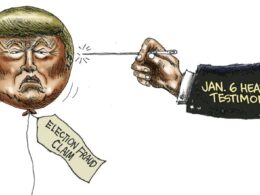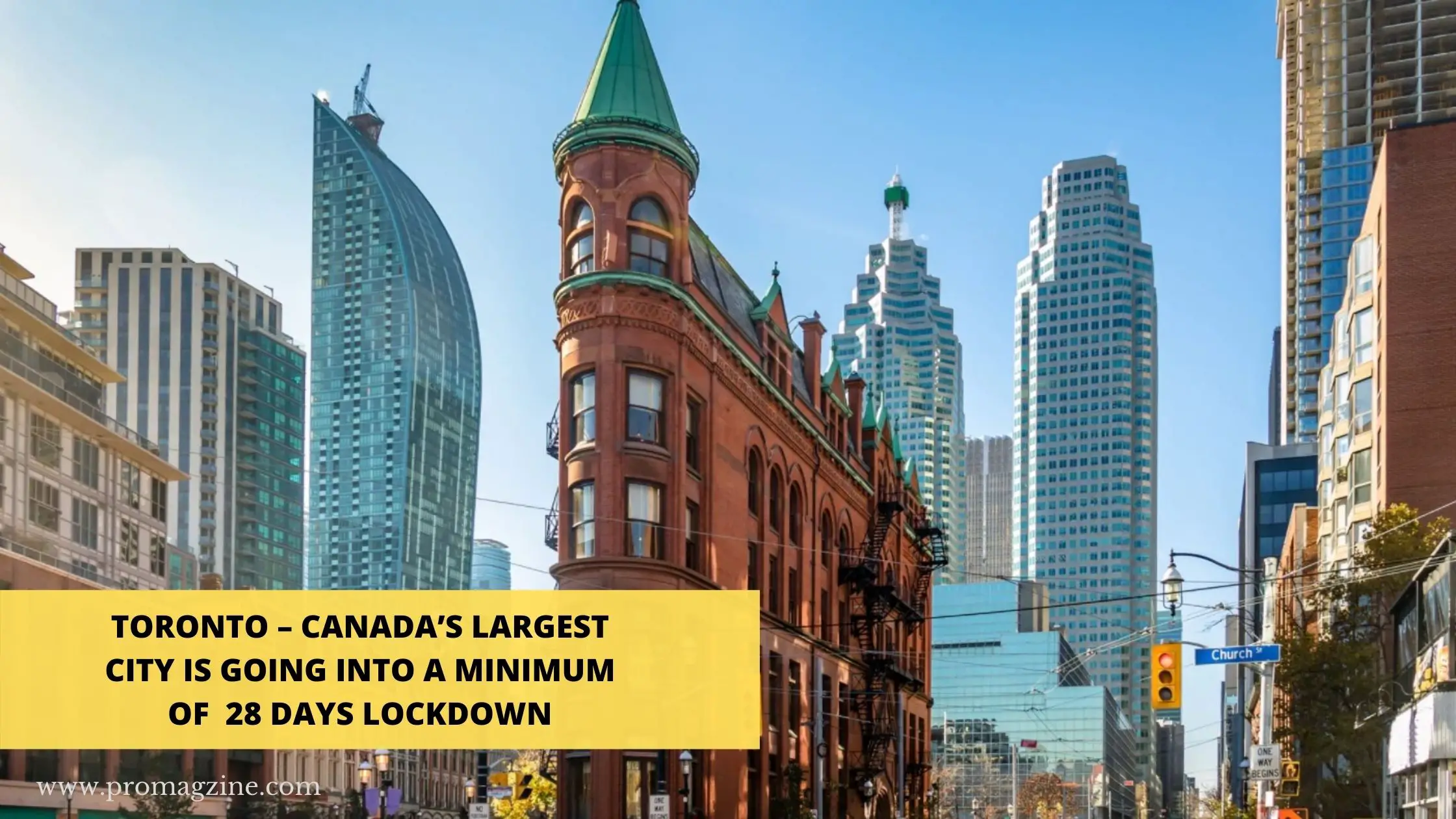Mexico City / Buenos Aries
There is a harsh jail term for abortions in Mexico. Latin America is known to have the world’s most restrictive laws on abortion. Out of the 20 Latin American nations most of them ban abortion, which includes El Salvador. It has a record of even sentencing women up to 40 years in prison for the same. Some countries including the most populous country, Brazil, permit abortion in select cases like rapes or health risks to the mother. Countries like Cuba and Uruguay allow selective abortion.

However, change is on its way in terms of these restrictions. In 2018 Argentina had pro-abortion protests. Nearly one million women were backing a legalization bill which failed to be passé by a very narrow margin. Latin America has recorded a surge in gender violence and the rate of femicides has doubled in the last five years. This is considered an awakening and women want to have more control of their bodies, their decisions and their lives.
The widespread use of social media has empowered women to reach out widely to the public by putting out their stories and views and by passing the establishments.
Brazil under Jair Bolsonaro – its President does not favour abortion. The Argentine Episcopal Conference has refused to debate abortion during the current pandemic of COVID -19.
The abuse of women by Catholic priests has led many Latin Americans to question the faith and trust in the Catholic Church.
President Alberto Fernandez the center left President of Argentina has submitted a bill to Congress to legalize elective abortions and this might well be the precedent for sweeping the much needed change.
Since 2014, the approval for legalization has risen 8% as per an Ipsos poll in August.
Two years ago there were mass demonstrations in Argentina called the “green wave ’’and the recent developments seem to be echoing that.








